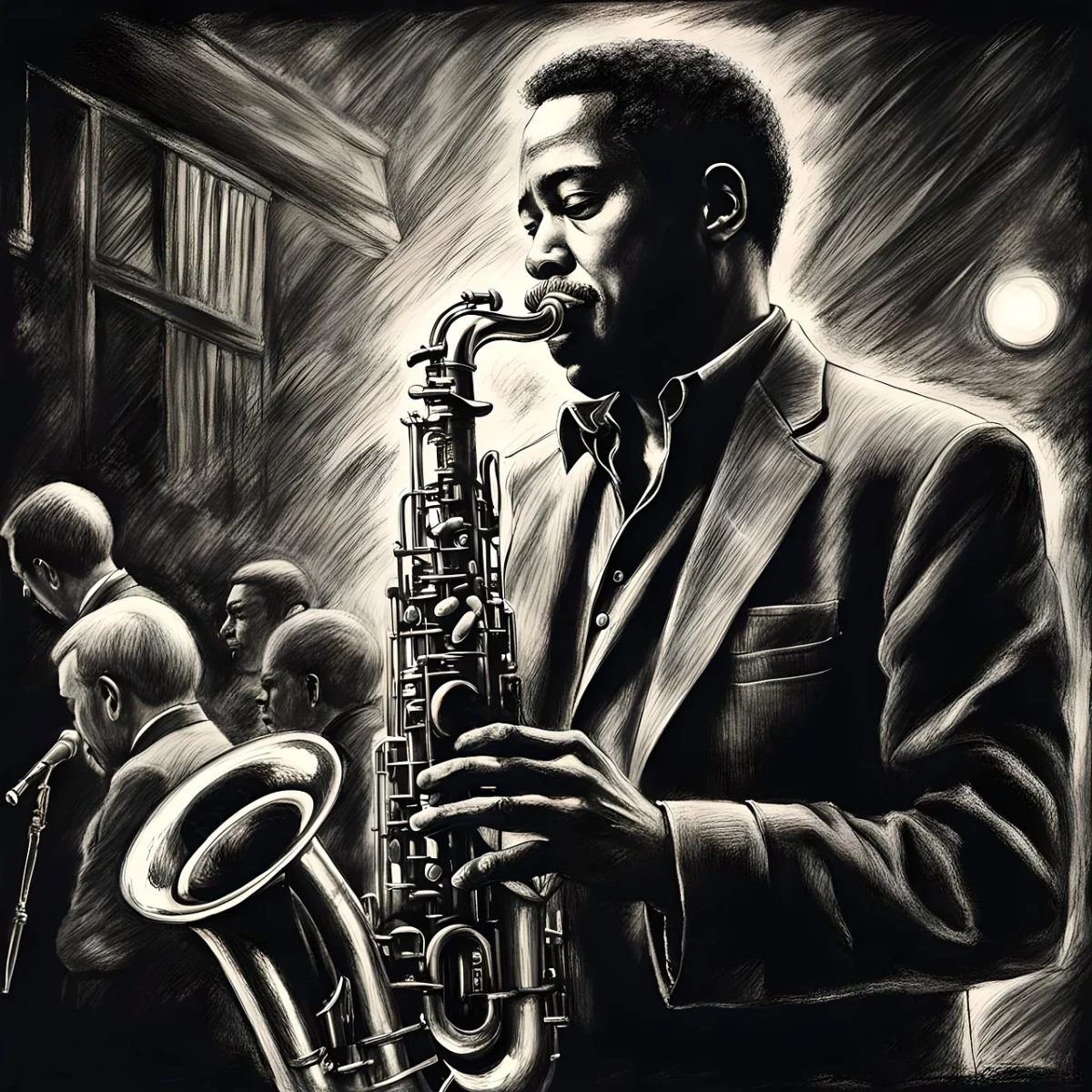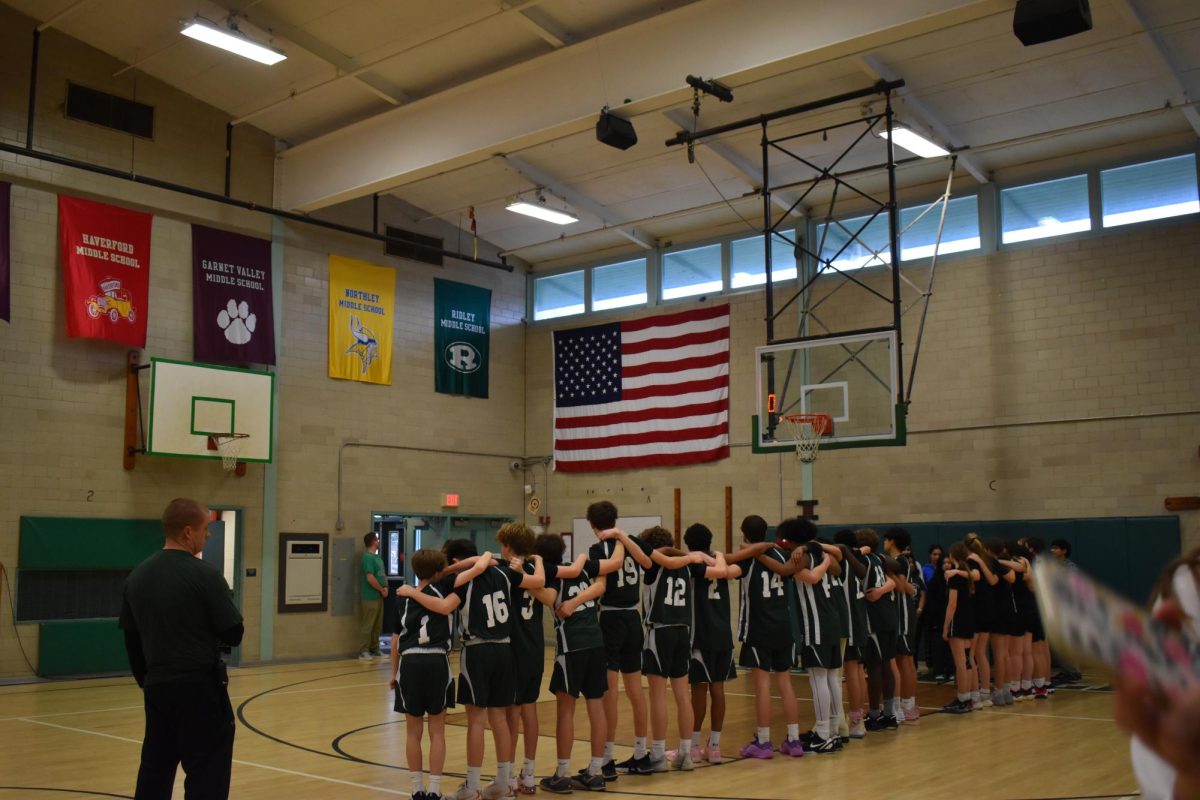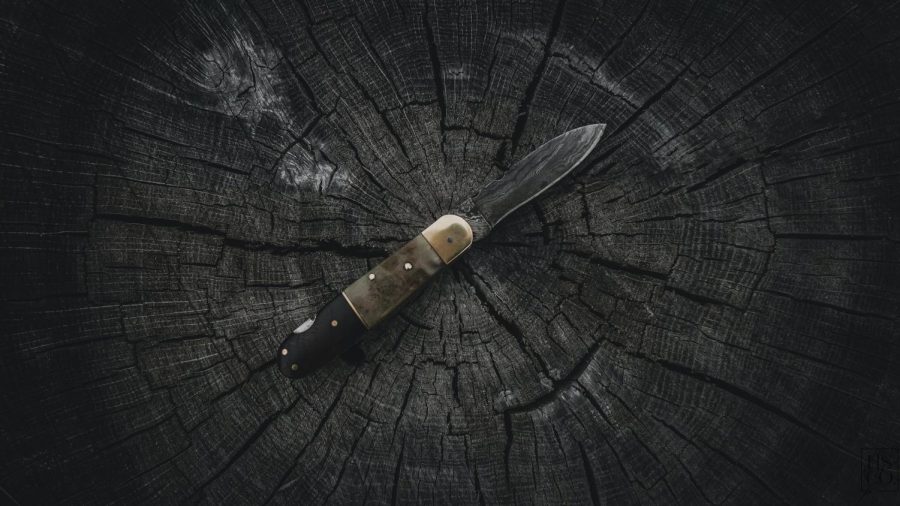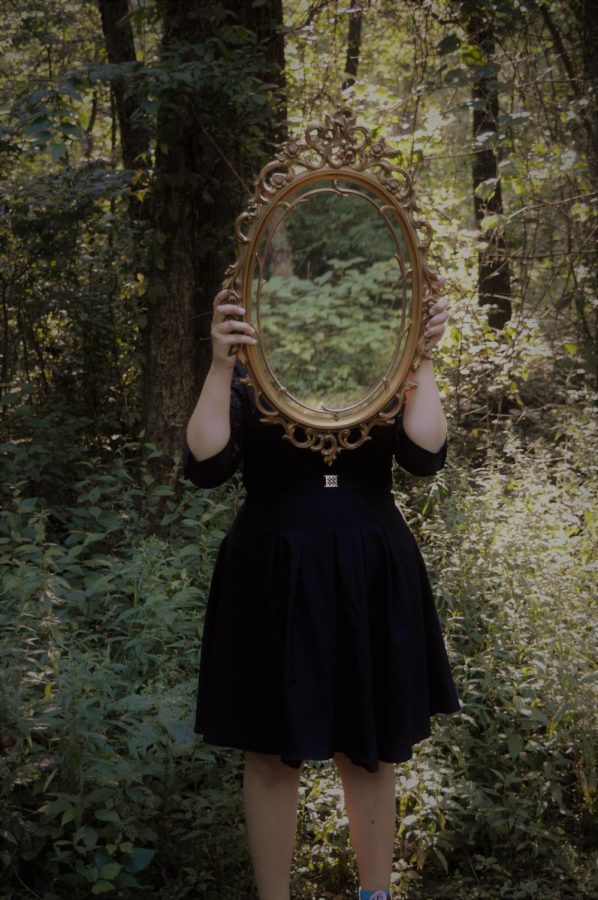In this age of binge-watching, true crime has become a chart-topping genre. Although this was interesting at first, allowing us to see the intricacies of a criminal mind, there is a darker side to it. These people who make this content profit off of objectifying victims and glorifying criminals, and the people who watch it have deteriorating mental health. With the recent exponential growth of the true crime fandom, people are forgetting that the victims are real people, and the killers are not to be idolized. Therefore, true crime is a real ethical problem, causing nothing but pain to all those involved.
Amidst this obsession, the pain that these victims and their families suffer is often forgotten. Instead of advocating for these people, we focus on the criminal. For instance, three members of Rosalee Clark’s family were brutally slaughtered. While she was looking online for a new book to read, she found one with the same name as her small hometown. Thinking it would be a historical book, Clark clicked on it. To her horror, it was about the murder of her family. In an interview for Time, a global media brand, she says, “We’re treated as fodder.” Clark adds, “We’re fuel for people’s fascination” (Chan). Given that there isn’t really a way for families to say no to media coverage (as most information is public), anyone can create and profit off of their stories. Many families that have been in this situation have said that it feels like a wound is being reopened when someone creates something out of the murder and murderer of their loved ones.
Additionally, this genre can be extremely addicting and therefore can cause an egregious impact on people. Due to its adrenaline-inducing thrill and sense of certainty in times there might not be, people can become hooked. Some become so obsessive over the topics that they go around contacting the victims, through hate mail or otherwise. One survivor of a random attack, a writer named Emma Berquist, wrote in Gawker two years ago that she thinks she “would rather get stabbed again than have TikTok users descend like vultures on my social media” (Corrigan). Because she, herself was so disregarded, and the idea of her almost being murdered became so popular, she wished it would have happened again. She continued to write about how she now has PTSD from this. For her to wish for something extremely traumatic to happen to her again, rather than people sending her all of these comments, illustrates how ruthless and addicted these fans are. They disregard and objectify her for her stories.
Furthermore, not only can true crime impact those involved, it can also affect its audience. Since people watch so much of this violence so often, it can cause paranoia; viewers are so used to hearing about people being killed in so many different ways that they start to fear for their own lives as well. Paige Sciarrino, a thirty-year-old true crime addict living in New York, admitted that she was often too afraid to shower in her own apartment. Another time, she convinced herself that her neighbors had been killed after seeing their car parked in the driveway for a couple days straight. Eventually, she got fed up and decided to quit, cold turkey. Instead of listening to hours of true crime every day, she decided to listen to music every time she felt the urge to listen to true crime. In an interview for the Washington Post, she discovered that “She found her mental state improved after several months” (Corrigan). With the absence of this damaging genre, she had more time to be able to do more meaningful things and improve her lifestyle and health, thus proving how ruinous this addiction is.
Ultimately, the true crime genre is injurious to all involved. While it is thrilling, it also can be quite problematic, as it often overshadows the true pain of these victims and their families. As this genre becomes even more popular, more and more questions on the ethics of this arise. Is the objectification of victims, lionization of criminals, and impact on its audience really worth it? It’s not, and we have to stop it. Suffering cannot be allowed for our entertainment.























Dorsa • Feb 6, 2024 at 1:40 pm
very very good
Susan and Robert Gunther t • Feb 5, 2024 at 5:50 pm
Well written and thought-provoking. Thank you for opening our eyes to this issue.
Becky Ruegger • Feb 5, 2024 at 3:01 pm
Very interesting. I had never thought of this as an addiction before.